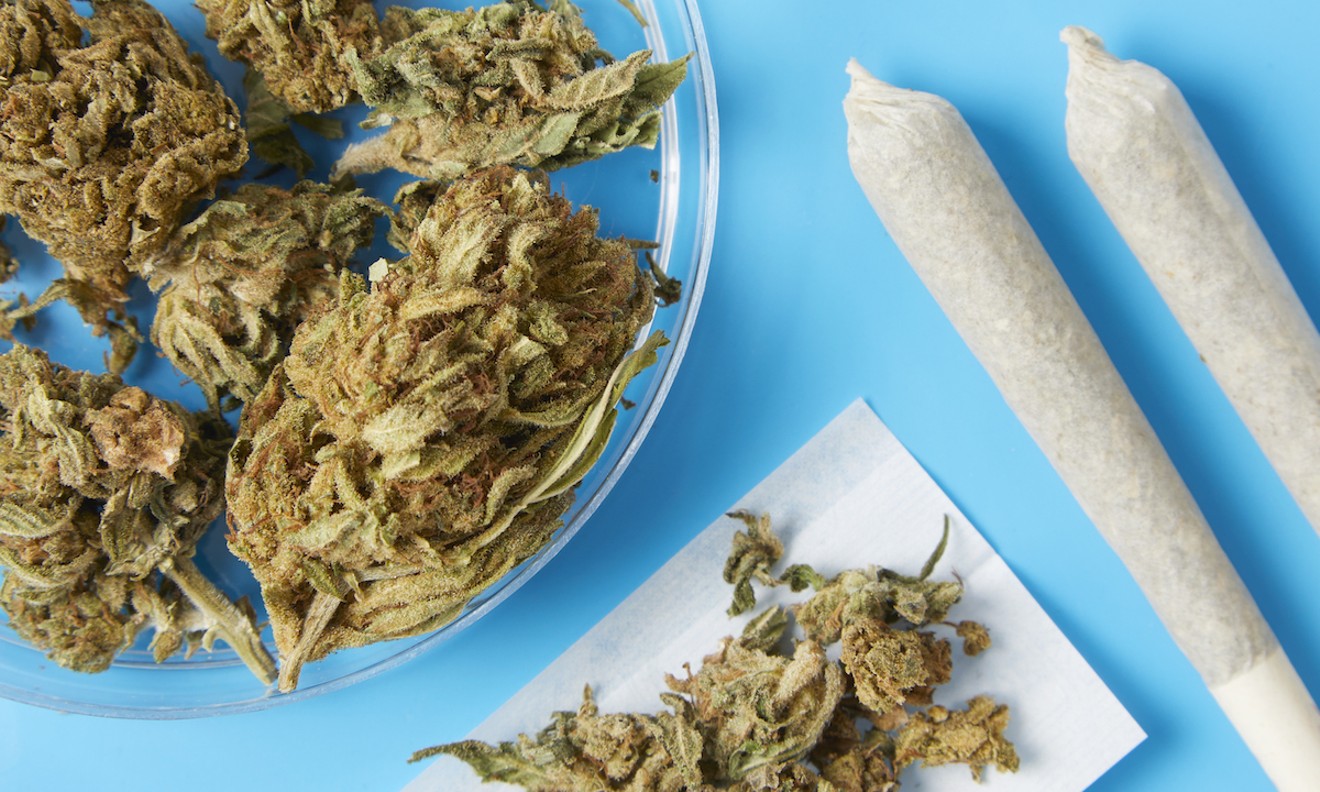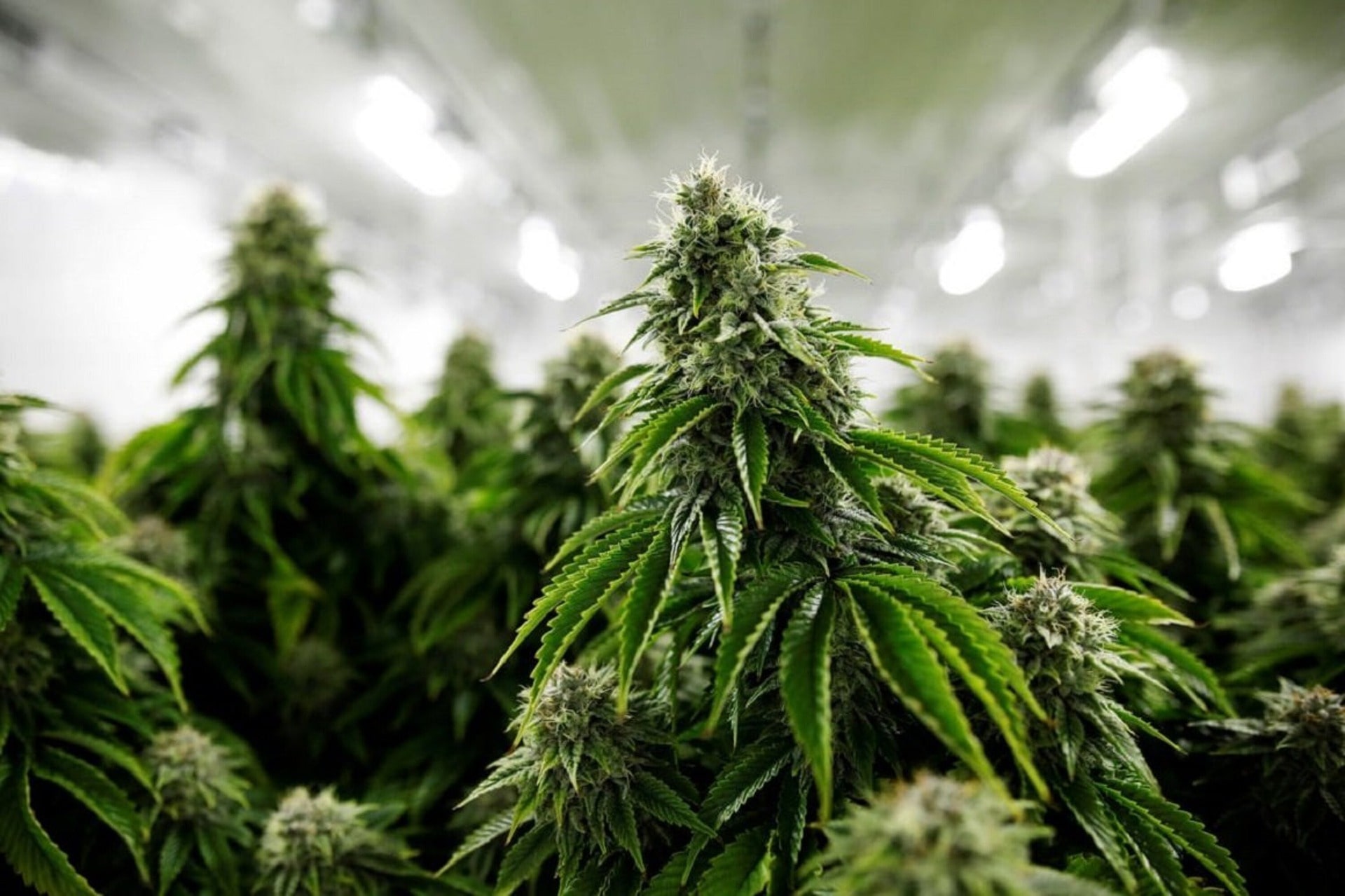Shedding Light on What Medical Marijuana Can Cure: an Extensive Evaluation of Its Healing Qualities
In recent years, there has actually been a growing interest in the therapeutic possibility of medical marijuana. While unscientific proof abounds, a comprehensive examination of the clinical data pertaining to the efficiency of clinical cannabis in treating these conditions is required.
Chronic Discomfort Administration
Persistent pain administration continues to be an important aspect of medical treatment, demanding a detailed approach for effective treatment. In recent times, clinical cannabis has become a prospective healing option for individuals experiencing persistent discomfort conditions. The endocannabinoid system, which plays an important duty suffering inflection, has been targeted by cannabis-based treatments to enhance and minimize signs lifestyle for clients.

Furthermore, medical marijuana supplies an appealing option for individuals who experience unbearable adverse effects from conventional discomfort medicines. Its ability to address discomfort through a different device makes it a beneficial enhancement to the toolbox of therapies offered for chronic discomfort monitoring.
Epilepsy Therapy Prospective
Medical marijuana has actually revealed promising possibility in the treatment of epilepsy, offering a novel restorative approach for taking care of seizures in individuals. Epilepsy is a neurological condition defined by reoccurring seizures, influencing individuals of all ages. Typical therapies for epilepsy consist of antiepileptic drugs, yet these medicines may not be effective for all people and can have considerable side effects.
Study on the usage of medical marijuana for epilepsy has disclosed motivating outcomes. Cannabidiol (CBD), a non-psychoactive substance located in cannabis, has been specifically highlighted for its anticonvulsant residential or commercial properties. Researches have shown that CBD can minimize the regularity and extent of seizures in individuals with treatment-resistant forms of epilepsy, such as Dravet syndrome and Lennox-Gastaut disorder.
Additionally, the FDA has actually accepted a CBD-based medication, Epidiolex, for the treatment of seizures related to these severe kinds of epilepsy. This turning point emphasizes the expanding recognition of medical cannabis as a beneficial therapeutic alternative for taking care of epilepsy and offers wish for patients who have not reacted well to traditional therapies.
Nausea Relief Benefits
The relief of nausea or vomiting through making use of marijuana has been progressively identified for its therapeutic benefits in different clinical conditions. Nausea and vomiting are usual symptoms experienced by individuals going through radiation treatment, those with gastrointestinal conditions, and people with persistent discomfort problems. Clinical cannabis, with its active compounds such as THC and CBD, has shown pledge in providing relief from nausea.

Moreover, clinical marijuana offers a natural alternative for individuals that do not react well to typical anti-nausea drugs or that experience severe adverse effects from these medications. Clients going through chemotherapy, specifically, have actually reported considerable enhancements in their lifestyle when utilizing cannabis to take care of queasiness. As research study around remains to expand, clinical cannabis is increasingly being considered as a valuable choice for queasiness relief in various clinical settings.
Stress And Anxiety Decrease Effects
Studies have actually shown the capacity of cannabis in reducing anxiousness signs through its interaction with the endocannabinoid system. The endocannabinoid system plays an important role in controling emotions, including anxiousness, by preserving homeostasis in the body. Cannabinoids in cannabis, such as THC and CBD, interact with the endocannabinoid receptors in the brain, especially the CB1 and CB2 receptors, to modulate anxiety-related responses.

People with problems like generalized anxiousness condition (GAD), social anxiousness condition, and trauma (PTSD) may gain from the anxiolytic residential or commercial properties of cannabis (Medical Marijuana Card Near me). However, additional research is needed to figure out optimal does, distribution methods, and lasting results on stress and anxiety administration.
Prospective for Inflammation Control
With its recognized anti-inflammatory residential or commercial properties, cannabis has shown assurance in possibly regulating inflammation within the body. Swelling is the body's all-natural action to injury or infection, but when it becomes chronic, it can add to various diseases such as joint inflammation, inflammatory bowel condition, and even heart problem. Research suggests that the cannabinoids located in cannabis, such as THC and CBD, can aid control the immune feedback and reduce inflammation.
Research studies have revealed that cannabis can interact with the endocannabinoid system, which plays a vital function in regulating inflammation. By targeting the cannabinoid receptors, cannabis substances can modulate the immune reaction, causing a reduction in swelling degrees. This makes marijuana a possible candidate for handling inflammatory problems where standard treatments have failed.
Furthermore, cannabis-derived products like CBD oil have actually gained popularity for their anti-inflammatory buildings, with lots of people utilizing them as a natural treatment for problems related to inflammation. While even more research study is required to fully understand the systems behind cannabis's anti-inflammatory effects, current searchings for reveal encouraging outcomes for the potential use clinical marijuana in managing inflammation.
Conclusion
In conclusion, clinical cannabis has revealed appealing restorative residential or commercial properties in taking care of chronic pain, dealing with epilepsy, alleviating nausea or vomiting, lowering anxiety, and managing swelling. Its prospective benefits in my latest blog post different medical problems highlight the importance of further research study and expedition into its medical usage. The proof recommends that medical cannabis can be a beneficial alternative therapy option for people seeking remedy for a series of signs and symptoms and conditions.
In recent years, clinical marijuana has arised as a potential therapeutic choice for people suffering from persistent discomfort conditions.Clinical cannabis has shown appealing capacity in the treatment of epilepsy, offering an unique therapeutic strategy for taking care of seizures in clients. As research in this location proceeds to grow, medical cannabis is significantly being considered as a useful option for queasiness alleviation in different medical settings.
In verdict, clinical marijuana has revealed encouraging restorative homes in handling persistent pain, treating epilepsy, easing nausea or vomiting, reducing anxiousness, and controlling inflammation. The evidence suggests that clinical cannabis might be a valuable choice treatment option for minor med clients seeking alleviation from a variety of symptoms and conditions.